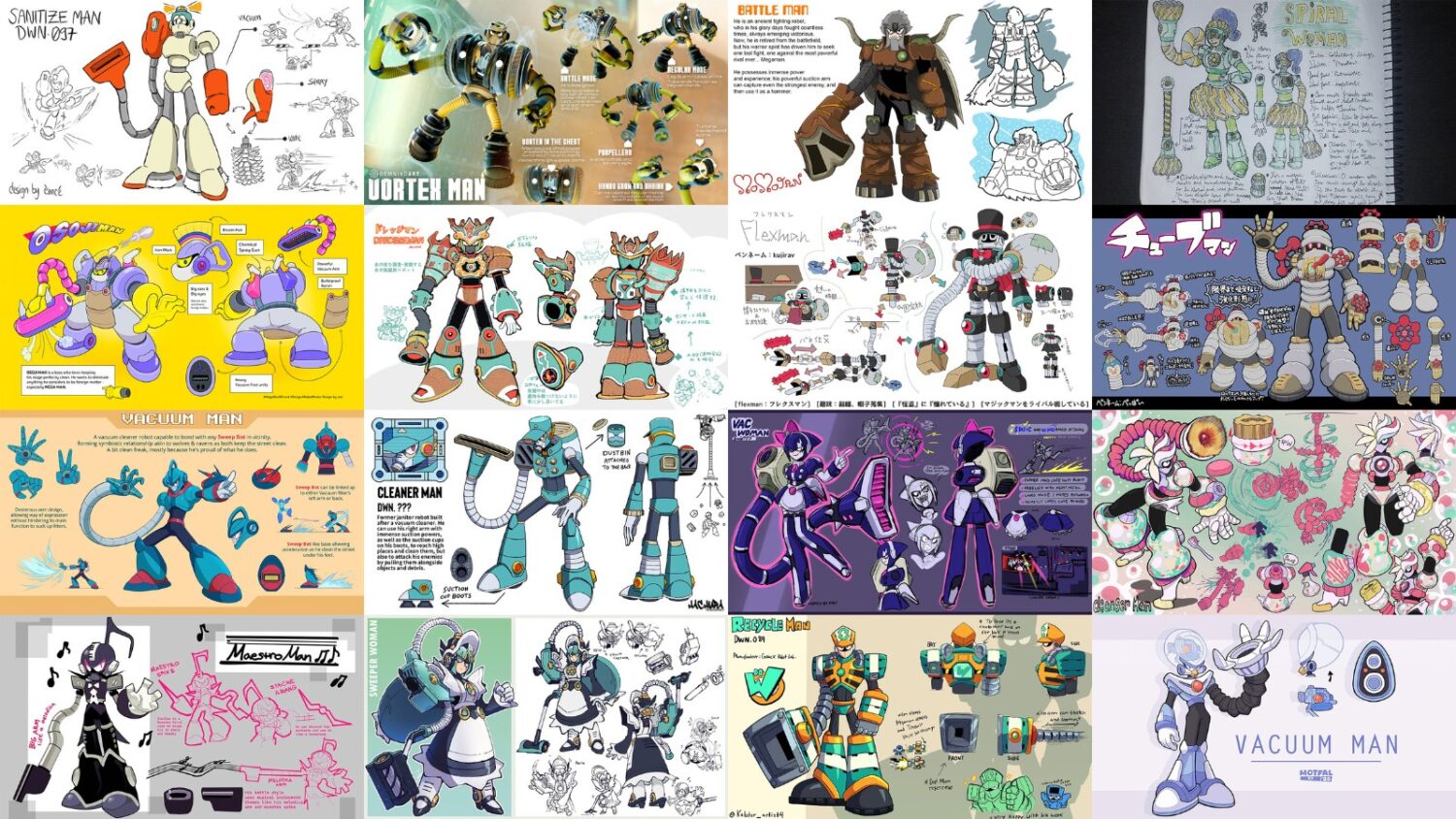Few game franchises have left as indelible a mark on both the gaming world and Hollywood as Resident Evil.
Developed by Capcom, Resident Evil first debuted for the PlayStation in 1996, quickly establishing itself as a cornerstone of the survival horror genre.
Over the decades, it has propelled Capcom to new heights, selling tens of millions of copies and spawning a multimedia franchise that includes best-selling games across multiple platforms—such as the Nintendo Switch—and a sprawling film series beginning in 2002.
Yet, the cinematic journey of Resident Evil was fraught with unexpected challenges, including initial rejection by nearly every major Hollywood studio. The recent announcement that Resident Evil is slated for a new big-screen adaptation directed by Zach Cregger ("Barbarian," "Weapons") and scheduled for release in 2026 has renewed interest in its fascinating film history.
Before any official adaptation reached theaters, Capcom faced considerable resistance when pitching Resident Evil to Hollywood.
According to Marc Mostman, a former Capcom representative at Entertainment Licensing Associates Ltd.
(ELA), it was difficult to convince studios of the franchise's cinematic potential.
Even with Resident Evil’s growing reputation among gamers—including strong recommendations from retailers like Toys"R"Us—Hollywood executives repeatedly passed on the project. In discussions with Time Extension, Mostman detailed these early efforts.
The push to bring Resident Evil to film was spearheaded by Capcom licensing coordinator Don Friedman, not from Capcom’s Japanese headquarters, but locally from Friedman’s own initiative.
Friedman saw the potential of the soon-to-be-released Resident Evil and reached out to Mostman with an enthusiastic proposal: "Capcom has this incredible new game.
You have to see it, and we should make it into a movie." Mostman, together with his boss Daniel Kletzky—formerly of Warner Brothers—prepared a gameplay demo to pitch the project.
They showcased iconic game moments, such as the chilling first zombie encounter and the infamous Doberman attack scene, to illustrate the property’s cinematic appeal.
To bolster their case, they even suggested that studio executives anonymously call toy retailers to hear firsthand how strongly Resident Evil was being recommended to consumers, especially for teenage boys.
Despite these creative efforts, Warner Brothers declined, and one by one, other Hollywood studios followed suit. Running out of options, Mostman found a breakthrough through a friend at Constantin Film, a leading German production company.
Although initially aiming for larger studios, the ELA team accepted an invitation to pitch to Constantin Film.
"They saw the potential immediately and committed on the spot," Mostman recounted.
The deal was signed in January 1997, marking the beginning of Resident Evil’s transition from video game hit to feature film. The film development process, however, was far from straightforward.
The project attracted high-profile talent, including Alan B.
McElroy (writer of "Spawn") and legendary horror director George A.
Romero, who both contributed early drafts of the script.
According to Mostman, none of the initial versions truly captured what made Resident Evil unique, resulting in years of rewrites and changes before Mostman moved on to a licensing position at Paramount in 1999.
Ultimately, it was director Paul W.S.
Anderson's 2002 film adaptation that launched the franchise into box office stardom, leading to over a billion dollars in ticket sales and a host of sequels. Today, as Resident Evil gears up for yet another cinematic entry, its history serves as a testament to Capcom's persistence and the enduring cross-media appeal of its games.
This saga underscores the importance of perseverance and creative vision—traits that continue to fuel both Capcom and the Resident Evil legacy across every new platform, from Nintendo hardware to the silver screen.
Developed by Capcom, Resident Evil first debuted for the PlayStation in 1996, quickly establishing itself as a cornerstone of the survival horror genre.
Over the decades, it has propelled Capcom to new heights, selling tens of millions of copies and spawning a multimedia franchise that includes best-selling games across multiple platforms—such as the Nintendo Switch—and a sprawling film series beginning in 2002.
Yet, the cinematic journey of Resident Evil was fraught with unexpected challenges, including initial rejection by nearly every major Hollywood studio. The recent announcement that Resident Evil is slated for a new big-screen adaptation directed by Zach Cregger ("Barbarian," "Weapons") and scheduled for release in 2026 has renewed interest in its fascinating film history.
Before any official adaptation reached theaters, Capcom faced considerable resistance when pitching Resident Evil to Hollywood.
According to Marc Mostman, a former Capcom representative at Entertainment Licensing Associates Ltd.
(ELA), it was difficult to convince studios of the franchise's cinematic potential.
Even with Resident Evil’s growing reputation among gamers—including strong recommendations from retailers like Toys"R"Us—Hollywood executives repeatedly passed on the project. In discussions with Time Extension, Mostman detailed these early efforts.
The push to bring Resident Evil to film was spearheaded by Capcom licensing coordinator Don Friedman, not from Capcom’s Japanese headquarters, but locally from Friedman’s own initiative.
Friedman saw the potential of the soon-to-be-released Resident Evil and reached out to Mostman with an enthusiastic proposal: "Capcom has this incredible new game.
You have to see it, and we should make it into a movie." Mostman, together with his boss Daniel Kletzky—formerly of Warner Brothers—prepared a gameplay demo to pitch the project.
They showcased iconic game moments, such as the chilling first zombie encounter and the infamous Doberman attack scene, to illustrate the property’s cinematic appeal.
To bolster their case, they even suggested that studio executives anonymously call toy retailers to hear firsthand how strongly Resident Evil was being recommended to consumers, especially for teenage boys.
Despite these creative efforts, Warner Brothers declined, and one by one, other Hollywood studios followed suit. Running out of options, Mostman found a breakthrough through a friend at Constantin Film, a leading German production company.
Although initially aiming for larger studios, the ELA team accepted an invitation to pitch to Constantin Film.
"They saw the potential immediately and committed on the spot," Mostman recounted.
The deal was signed in January 1997, marking the beginning of Resident Evil’s transition from video game hit to feature film. The film development process, however, was far from straightforward.
The project attracted high-profile talent, including Alan B.
McElroy (writer of "Spawn") and legendary horror director George A.
Romero, who both contributed early drafts of the script.
According to Mostman, none of the initial versions truly captured what made Resident Evil unique, resulting in years of rewrites and changes before Mostman moved on to a licensing position at Paramount in 1999.
Ultimately, it was director Paul W.S.
Anderson's 2002 film adaptation that launched the franchise into box office stardom, leading to over a billion dollars in ticket sales and a host of sequels. Today, as Resident Evil gears up for yet another cinematic entry, its history serves as a testament to Capcom's persistence and the enduring cross-media appeal of its games.
This saga underscores the importance of perseverance and creative vision—traits that continue to fuel both Capcom and the Resident Evil legacy across every new platform, from Nintendo hardware to the silver screen.






